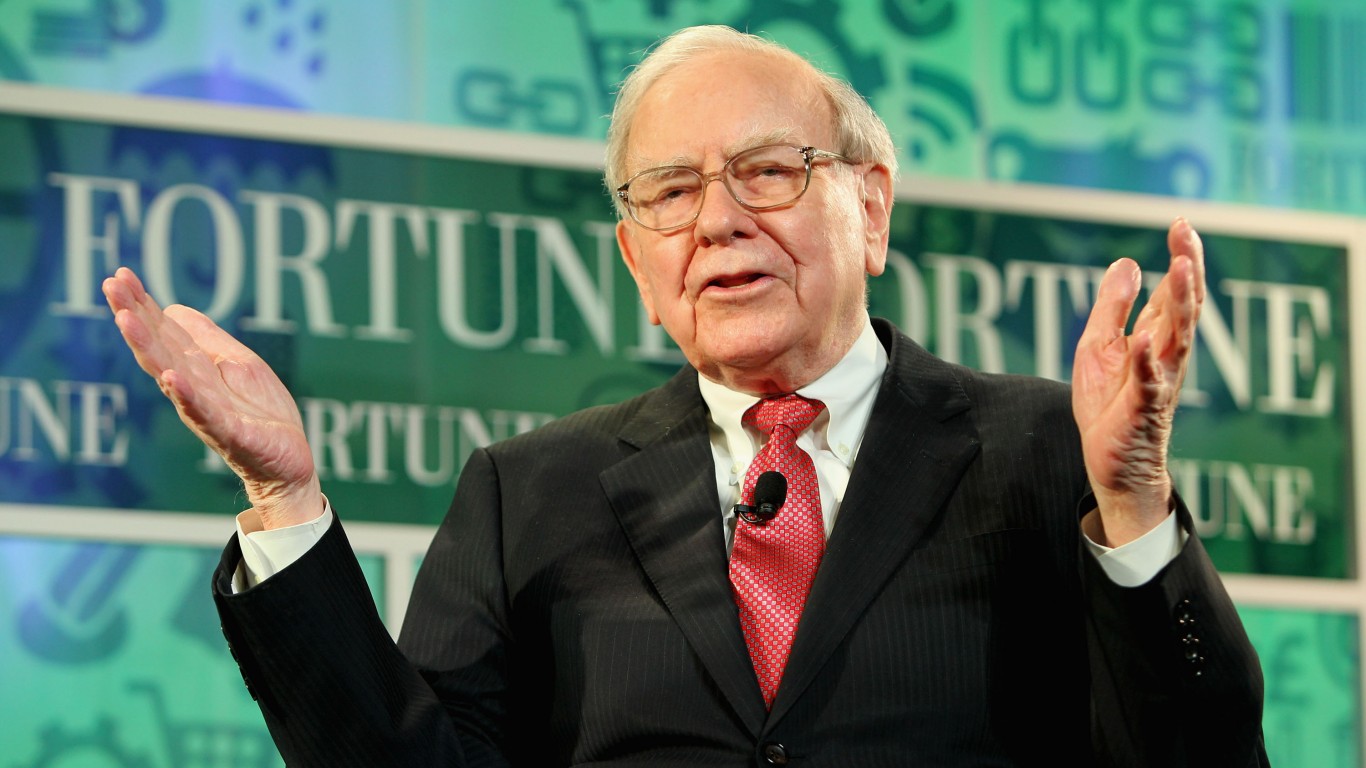
Problems have continued to mount for Windstream Holdings Inc. (NASDAQ: WIN). The rural broadband provider is now reportedly on the verge of filing for bankruptcy. Many readers may find this of little surprise, but the outcome for Windstream’s shareholders has been devastating.
After it recently lost its legal battle with hedge fund Aurelius Capital Management, multiple reports indicated that the company may file for Chapter 11 bankruptcy protection as soon as Monday (see update below as they have now filed). The company has been in an 18-month legal battle with Aurelius, wherein the hedge fund has argued that the two-year-old spin-off of its fiber optic cable network was in violation of debt covenants on one of its bonds.
Update, Please note — After this article was published the news broke in a press release that Windstream has indeed filed for voluntary reorganization under Chapter 11 of the U.S. Bankruptcy Code. The company’s press lease indicated that Windstream intends to use a court-supervised process to address accelerated debt maturities, that it plans to keep operating its business as usual, and also that it had secured a commitment of $1 billion in Debtor-in-Possession (DIP) financing from Citigroup Global Markets to support its business operations.
According to the Aurelius argument, Windstream was prohibited from engaging in any sale-leaseback transactions. At the center of the argument was that Windstream spun out the fiber assets into a new company called Uniti Group Inc. (NASDAQ: UNIT) and that Windstream then paid rent to Uniti to use its fiber optic cable network. It was just two weeks ago that a U.S. district judge ruled against Windstream for violating its covenant on sale-leaseback transactions.
What is so interesting about the case of Windstream is that the company was ruled to have violated its bond covenants but also is said to be healthy enough financially to continue servicing its debt.
Windstream had $5.72 billion in long-term debt alone at the end of the September 2018 quarter. That’s down from the 2018 peak of $5.93 billion, but the company’s total liabilities are roughly $12 billion.
Just last week, Moody’s downgraded the corporate credit rating of Uniti to Caa2, and the ratings agency maintained its negative outlook following the adverse court ruling against Windstream. The Moody’s downgrade said:
Moody’s Investors Service (Moody’s) has downgraded Uniti Group Inc.’s (Uniti) corporate family rating (CFR) to Caa2 from Caa1 following the downgrade of Windstream Services, LLC (Windstream). As Uniti’s largest tenant and main source of revenue, Windstream’s credit profile influences the ratings and outlook of Uniti.
Windstream also was affected here, with Moody’s downgrading its rating to Caa3, with its outlook remaining negative. Moody’s said:
Moody’s Investors Service (Moody’s) has downgraded the corporate family rating (CFR) of Windstream Services, LLC (Windstream) to Caa3 from Caa1 and downgraded the probability of default rating (PDR) to Caa3-PD from Caa1-PD. The downgrade was prompted by the US District Court Southern District of New York (the Court) ruling on February 15 against Windstream in a case involving Aurelius Capital Management (Aurelius) and U.S. Bank N.A. (US Bank).
Windstream shares were last seen trading down another 25% at $0.65, after hitting a midday and 52-week low of $0.59. Its 52-week high is $9.20, and the market capitalization of the equity is now just about $28 million.
Shares of Uniti Group were down 2% at $9.05, in a 52-week range of $8.29 to $23.42 and with a market cap of $1.66 billion. It also hit a 52-week low on the same day, and its dividend screens out at 19%.
It will be interesting to see how the would-be bankruptcy will play out in the coming weeks. If Windstream can actually service its debt and can still access the capital markets, it seems fair to wonder and question whether there may still be at least some value left over for the common shareholders.
Tony Thomas, president and chief executive officer of Windstream, said in the bankruptcy announcement:
Following a comprehensive review of our options, including an appeal, the Board of Directors and management team determined that filing for voluntary Chapter 11 protection is a necessary step to address the financial impact of Judge Furman’s decision and the impact it would have on consumers and businesses across the states in which we operate. Taking this proactive step will ensure that Windstream has access to the capital and resources we need to continue building on Windstream’s strong operational momentum while we engage in constructive discussions with our creditors regarding the terms of a consensual plan of reorganization. We acted decisively to secure the long-term financial stability of Windstream, and we are confident that, upon completion of the reorganization process, we will be even better positioned to invest in our business, expand our speed and capabilities for our customers and compete for the long term.
 24/7 Wall St.
24/7 Wall St.$25 Billion Quarterly Loss for Berkshire Hathaway as Buffett Abandons Book Value Focus
The Average American Has No Idea How Much Money You Can Make Today (Sponsor)
The last few years made people forget how much banks and CD’s can pay. Meanwhile, interest rates have spiked and many can afford to pay you much more, but most are keeping yields low and hoping you won’t notice.
But there is good news. To win qualified customers, some accounts are paying almost 10x the national average! That’s an incredible way to keep your money safe and earn more at the same time. Our top pick for high yield savings accounts includes other benefits as well. You can earn up to 3.80% with a Checking & Savings Account today Sign up and get up to $300 with direct deposit. No account fees. FDIC Insured.
Click here to see how much more you could be earning on your savings today. It takes just a few minutes to open an account to make your money work for you.
Our top pick for high yield savings accounts includes other benefits as well. You can earn up to 4.00% with a Checking & Savings Account from Sofi. Sign up and get up to $300 with direct deposit. No account fees. FDIC Insured.
Thank you for reading! Have some feedback for us?
Contact the 24/7 Wall St. editorial team.



